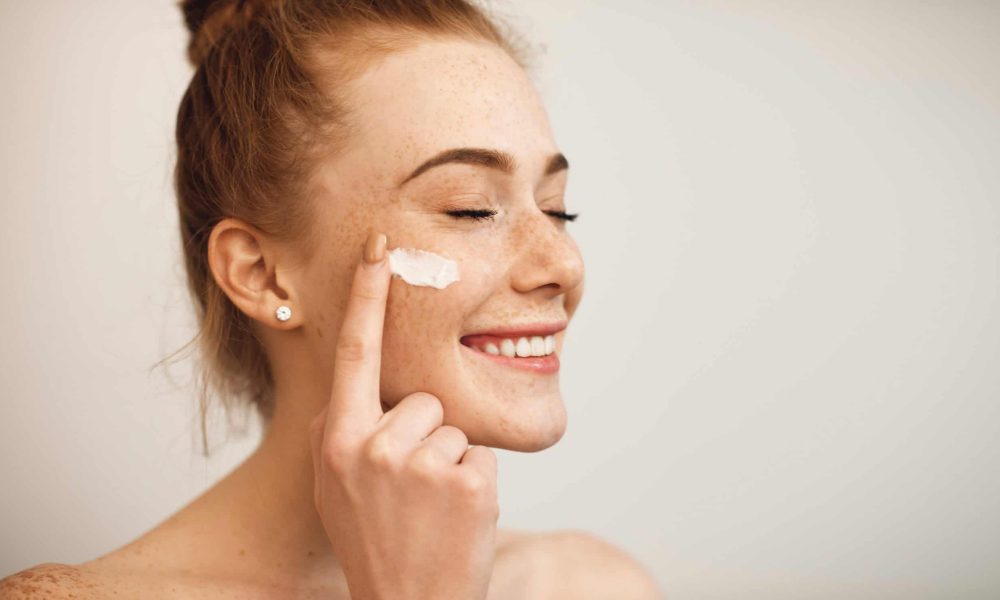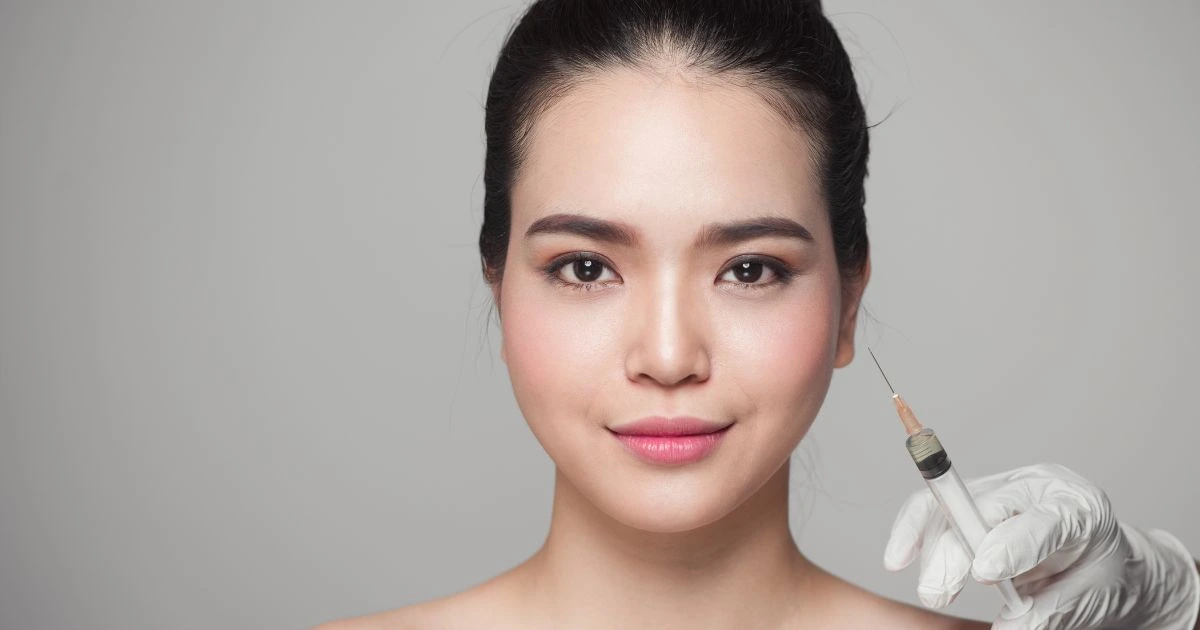It can be difficult for anybody, especially those with sensitive skin, to locate effective skincare products without a prescription. The promising news is that this does not mean our expectations of finding products with clinical proof of efficacy for the body’s most important organ have been dashed. Medical-grade skincare products could answer your skincare woes, whether you’re seeking anti-aging help, therapy for hyperpigmentation or rosacea, relief from acne breakouts, or something else.
Every day, new research is published in dermatology, expanding the body of knowledge; scientists’ findings while manufacturing medical-grade goods may also spell the end of your skin troubles.
It’s vital to treat your skin well but remember that many OTC options fall short of the performance of their medical-grade counterparts. All anti-aging products fit under this category, from cleansers to eye creams to high-SPF sunscreens.
Many famous people and influential people on social media will tell you that they use medical skin care products to keep their complexions flawless. Although their benefits may be clear, popular products aren’t always the best bargain.
We’ll go over what medical-grade skincare is, why it’s essential, and whether or not it’s safe for individuals of all ages in this piece.
What Is Medical-Grade Skincare?
When discussing skincare products, the term “medical grade” is used to describe those that have been explicitly designed to treat various skin conditions. It’s highly recommended by dermatologists and can be bought easily online. It will have medical and cosmetic benefits when used to treat the skin.
Medical skincare products may treat any of the following common skin issues.
- Sun damage
- Pigmentation
- Rosacea
- Acne
- Fine lines and wrinkles
High concentrations of active substances are a hallmark of medical skincare since they may penetrate deeper into the skin and attack the problem in its source.
How Different Are Over-The-Counter Products from Medical-Grade Ones
There are several key differences between dermatologist-recommended and drugstore skincare products.
Medical skin care products must undergo extensive testing to ensure they are both gentle enough for human use and potent enough to cure the condition. Unlike medications, over-the-counter products aren’t subjected to exhaustive clinical trials to ensure their safety and effectiveness.
Both types of skincare have different concentrations of active ingredients. The rigorous clinical testing necessary for FDA approval means that the active ingredients in medical skincare products can be concentrated to work more effectively.
Since OTC products aren’t subject to the same scrutiny as prescription drugs, the FDA only allows them to contain trace levels of active substances to prevent the potent components from interacting poorly with the rest of the mix.
Additionally, over-the-counter skin care products can only clean and moisturize the skin’s surface without fixing the underlying issue.
Pharmaceuticals use more ingredients to maximize the body’s uptake of the medicine’s active ingredients. This is usually the case with medical skincare, but not always. Because they degrade more slowly, the substances used in medical skincare last far longer on store shelves and generate a higher return on investment.
Remember that luxury skincare products are different from those found in medical facilities. Several well-known companies sell high-end skincare products that can be purchased without a prescription. Their hefty price tags frequently convey that these products are on par with those sold in medical facilities. On the contrary, luxury products typically include less beneficial chemicals and are not subject to the same stringent safety checks.
Why You Should Consider Medical-Grade Skincare
There are many advantages to using skincare products that have been clinically tested and are safe for use in a medical setting. People with a wide range of skin tones and kinds can benefit from these products because of the formulae and the ingredients’ ability to penetrate deeply.
To begin, a medical-grade skin cleanser will clean more thoroughly than an over-the-counter product but without being as harsh as the latter, which can do more damage to the skin in the long run.
Because the Food and Drug Administration does not evaluate OTC products, using them will have no effect deep within the body. If you want to fix the problem for good, not just temporarily, you need to clean and moisturize the skin’s deeper layers.
Medical-grade cosmetics are an excellent long-term investment for maintaining skin health and avoiding recurring outbreaks. Manufacturers of medical skincare products, for example, often release non-comedogenic sunscreens that do not clog pores and deter UV rays from penetrating the skin, reducing the need for additional anti-aging therapies in the future.
The same can be said about the mildness of medical-grade items. Preventing more harm from the care regimen and saving money on future care are benefits of maintaining the skin’s happiness and health for extended periods. Thus, purchasing medical-grade skincare products is a wise choice from a monetary, aesthetic, and medical perspective.
Establishing A Good Skincare Routine
A successful routine will first identify the issue it will address. You should give acne-fighting products top billing, for instance, if that’s your primary concern. You’ll need to modify your approach if you want to get rid of wrinkles around your lips or dark circles under your eyes. Sometimes, just one item from a specific medical product line may be all that’s needed.
Before making a final choice, discuss your skincare goals and the product line with your dermatologist. Also, keep in mind that cosmeceuticals are an excellent complement to medical-grade skincare in the process of constructing better skin.
Is Medical-Grade Skincare Suitable for All People and Ages?
You now know the need to utilize high-quality medical skin care products, but what exactly do you need, and is there a cutoff age for starting? For those under eighteen, there are no rules about how or when to use anything save common sense. High-quality skincare products developed by medical specialists are now widely available to consumers of all peoples and ethnicities. Because there are so many potent ingredients in medical-grade skincare, a skin health assessment is crucial for determining which products will work best for you.
Takeaway
Investing in medical-grade skincare products is a wise choice from a monetary, aesthetic, and medical perspective. However, which products do you use for your specific needs? To answer that question, you need to contact and schedule a consultation with our clinic, Magnolia Medical Aesthetics, so that we can get a comprehensive look at your skin and consider your options.






